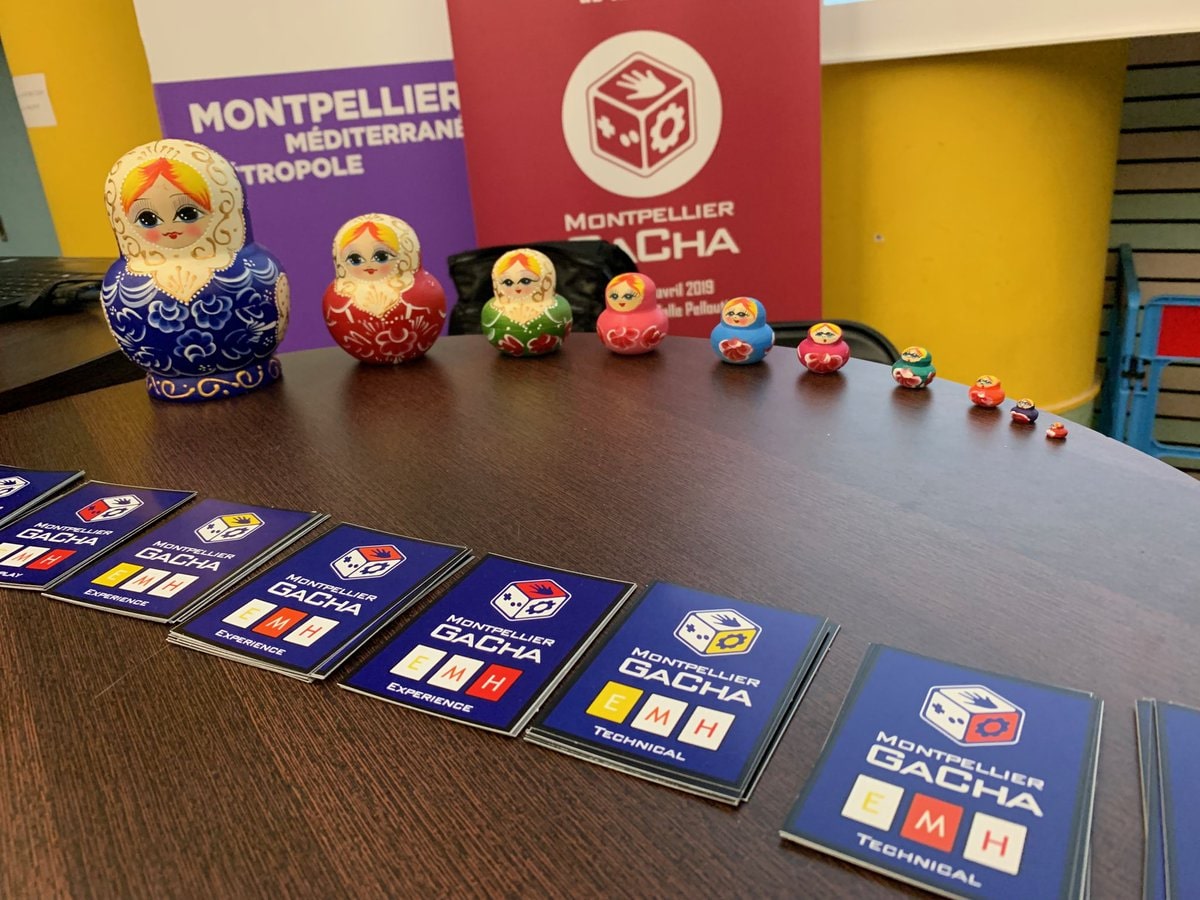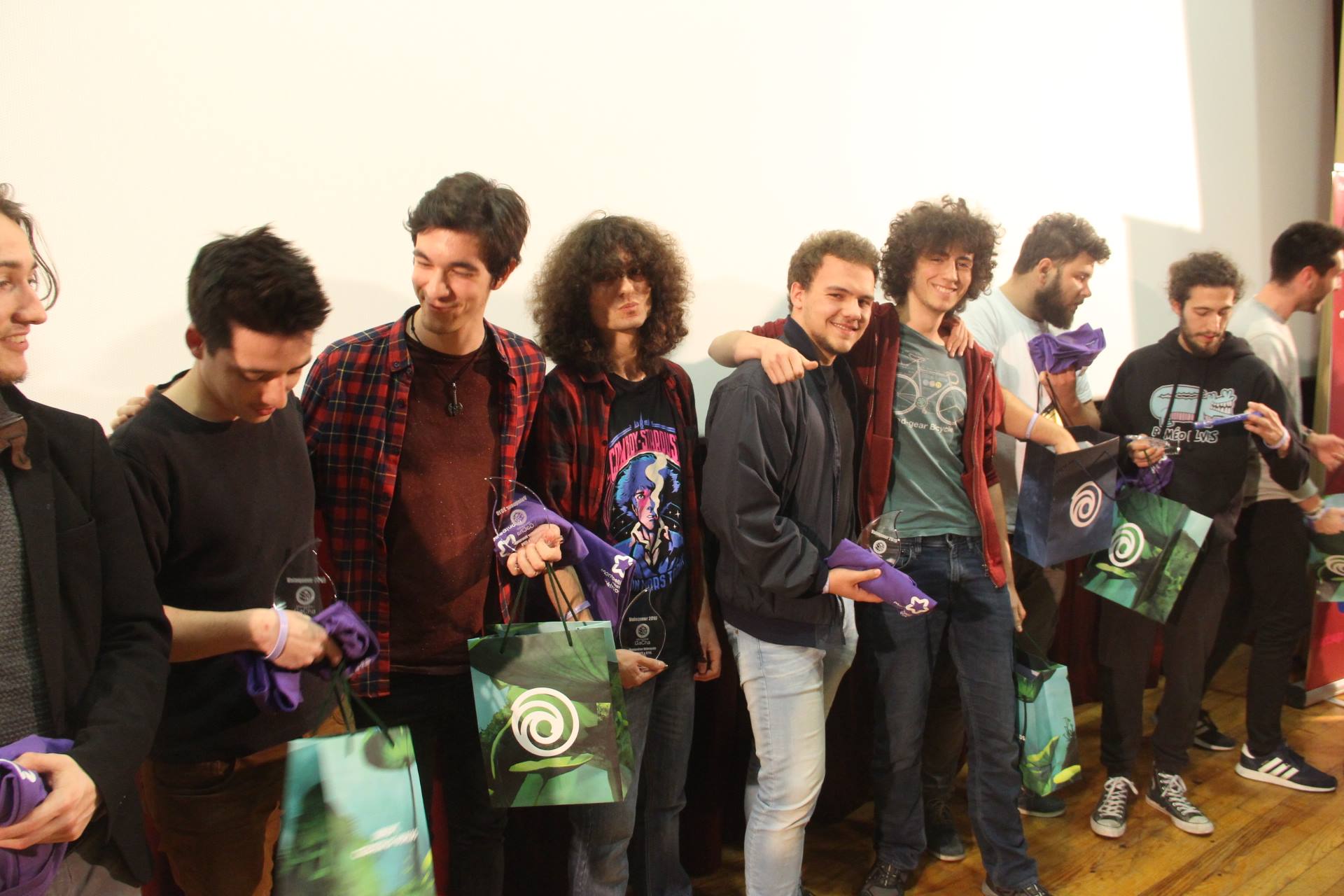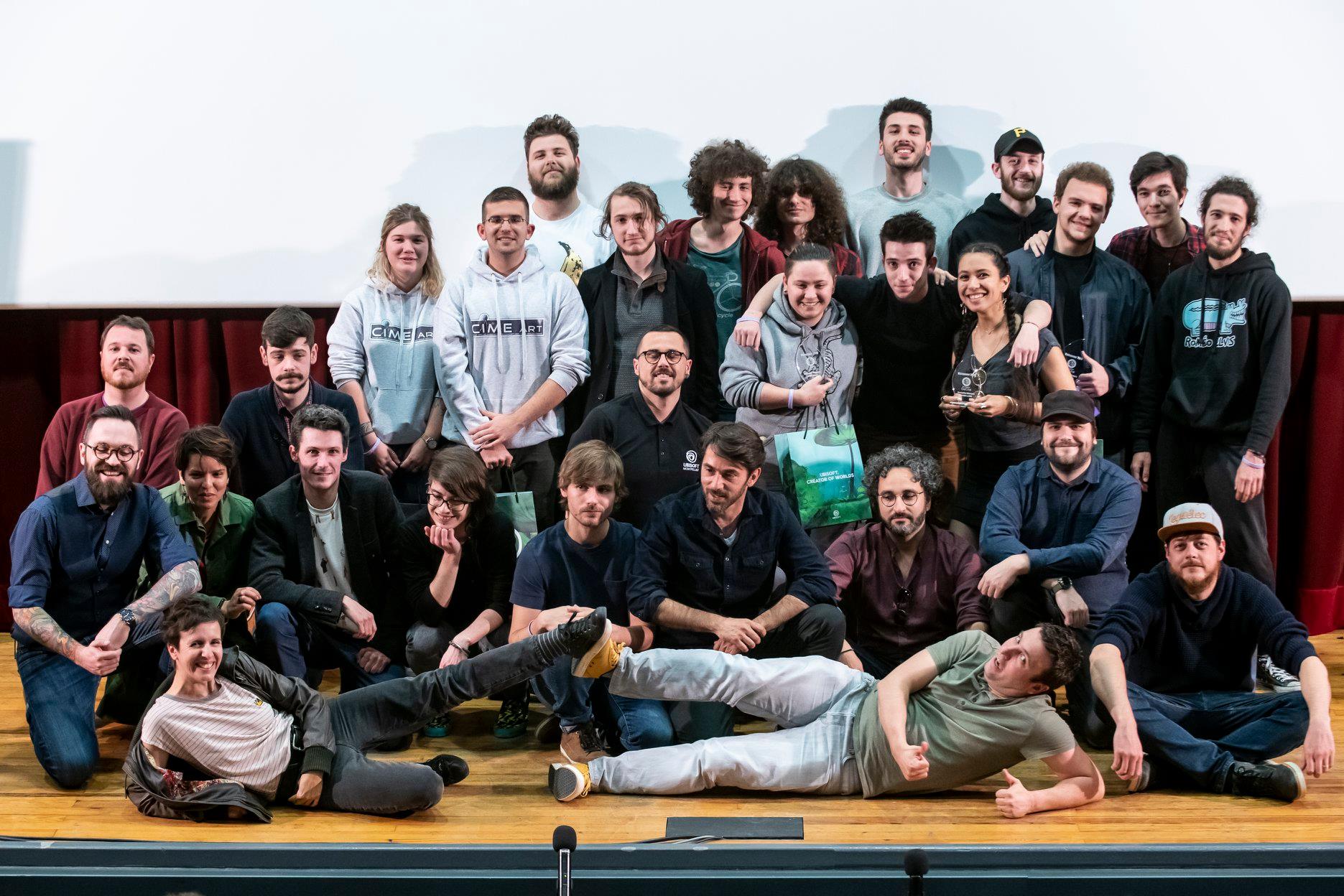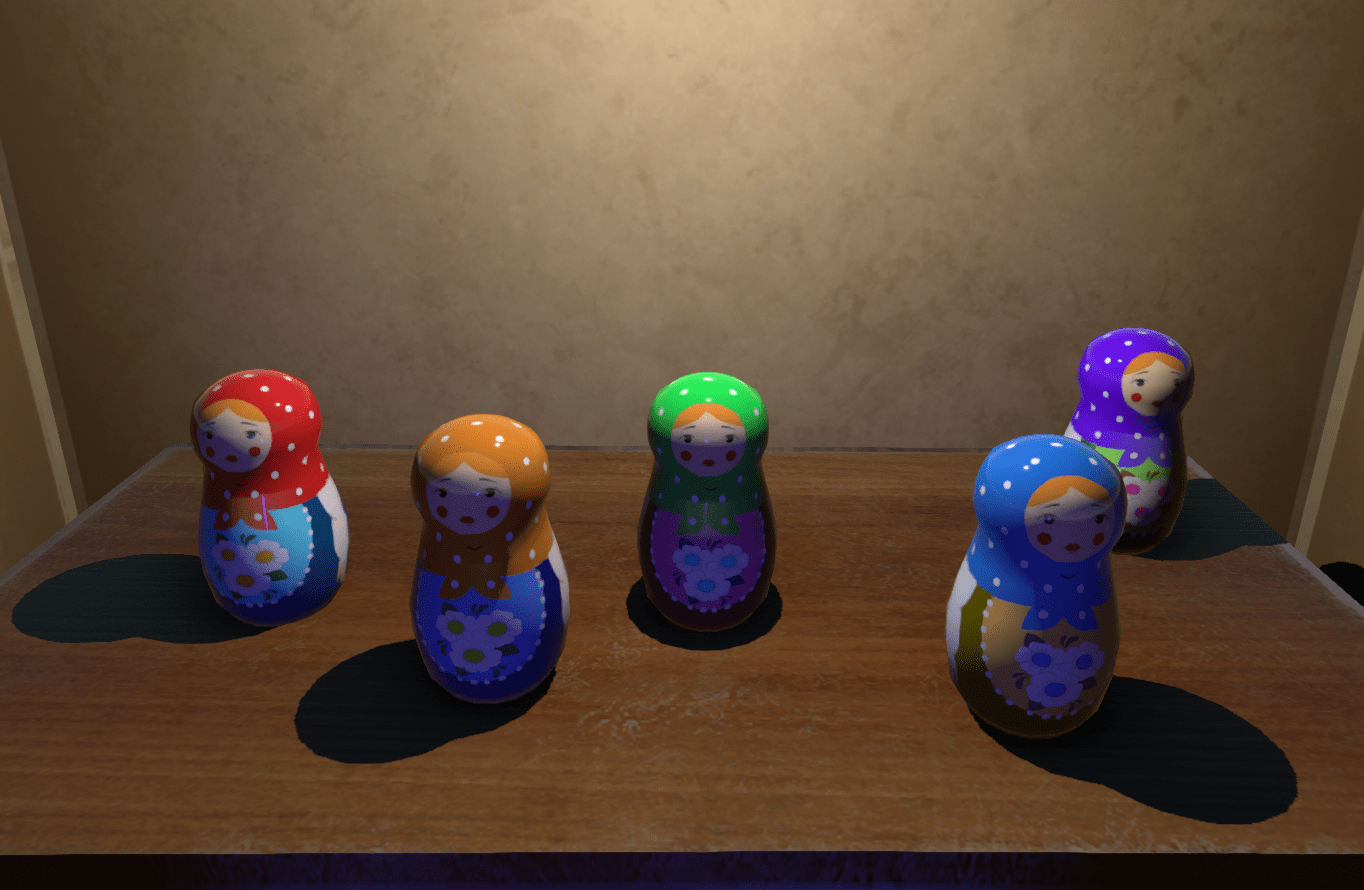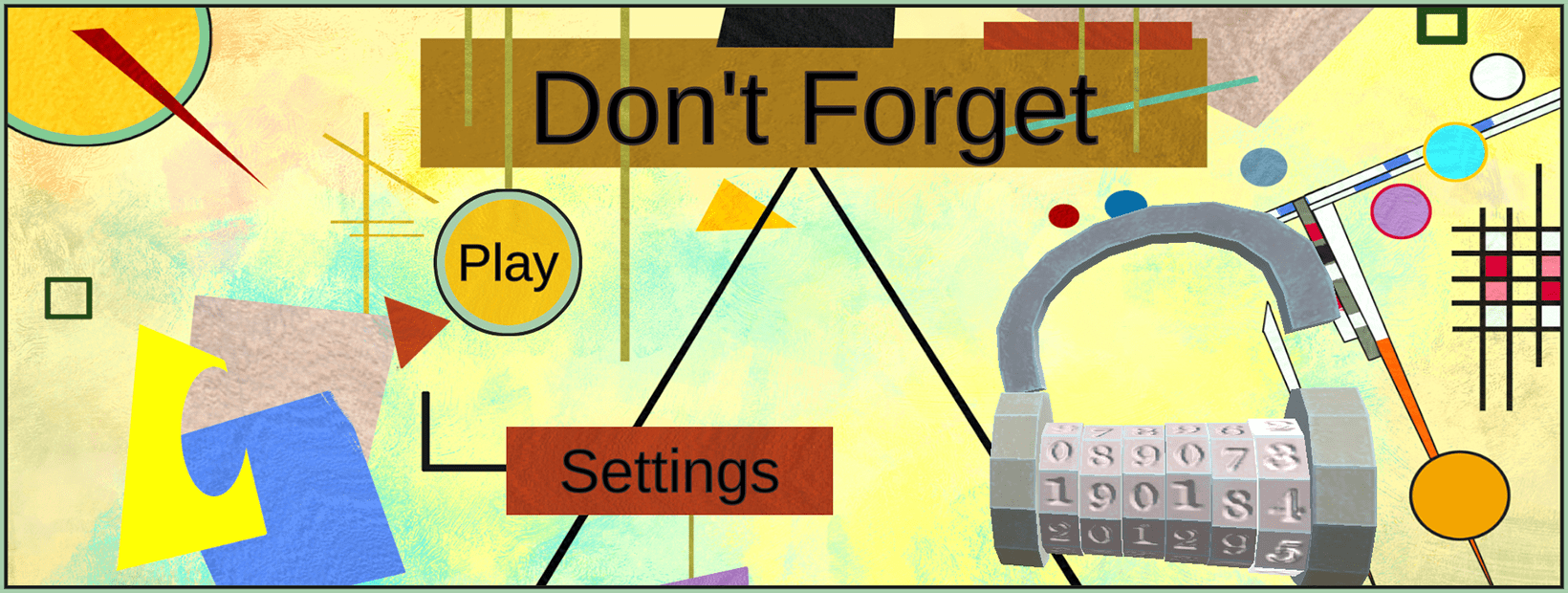
DON’T FORGET
Don’t Forget is a serious game in first person view in which you live the daily life of a person with Alzheimer’s, somehow trying to remember important things using their notebook and the notes left in the apartment.
CONTEXT
This is a game developed using Unity in C# during the sixth edition of the Ubisoft Game Challenge – shortened as GaCha – from the 13th to the 15th april 2019, a 72 hour Game Jam organized in Montpellier and reserved to students. This year, the teams were made of fifteen people and the subject was The Russian Dolls.
We also had five constraint cards to pick up; the given instructions indicated that the game should:
- Be a Serious Game
- Have as theme the Russian avant-garde style
- Include one physical support element
- Have at least one customizable element
- Contain a secret room.
Our team won this 2019 edition of the GaCha with Don’t Forget, a game illustrating the evolution of Alzheimer’s disease through the daily life of an affected person, who can only trust their notebook as well as multiple post-it notes scattered throughout their entire house to try to remember important things about their life.
The game is available for download on Windows:




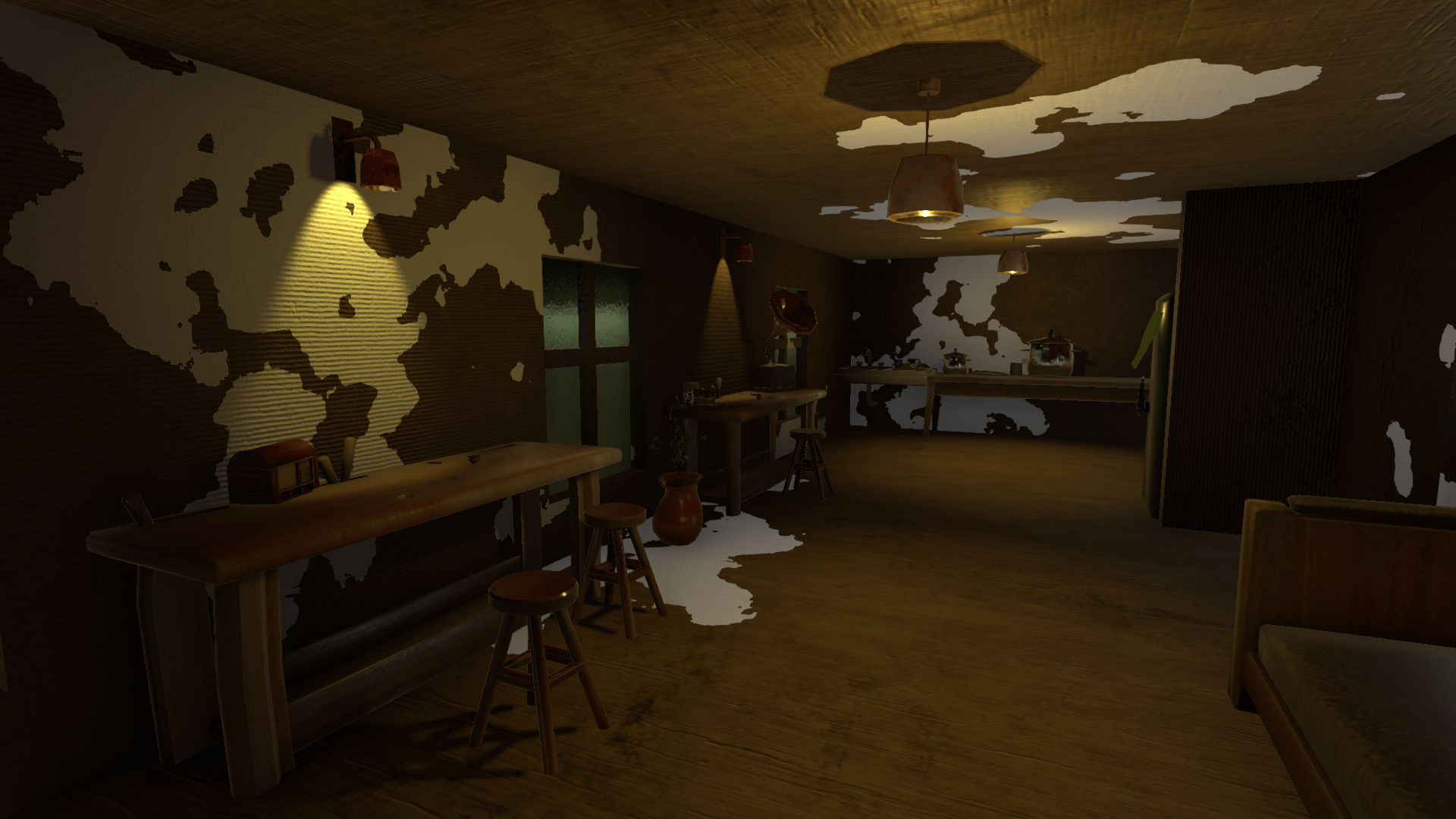



DEVELOPMENT
Gameplay Programming:
- Player movements and crouch
- Camera handling
- Interaction and object’s displacement
- Object handling and rotation (cut mechanics from the final product)
- Various tasks (secret room, animations, final cutscene, etc…)
Teamwork:
- Pair programming (reduced risks due to fatigue and lack of attention)
- Communicate important informations to the different trades of the team
- Acted as an intermediary between all groups to keep a same united vision of the project within the team.

